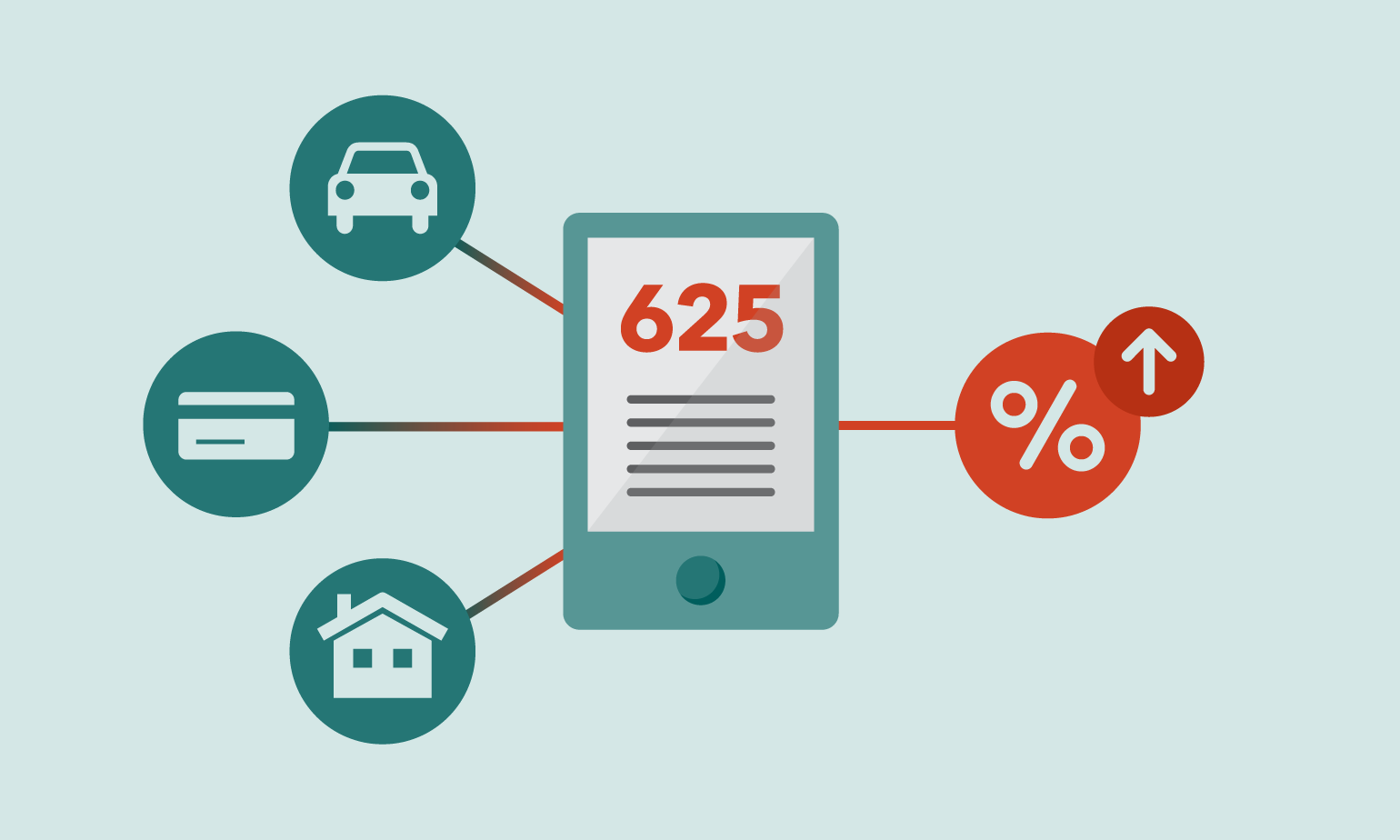The highest credit value you can obtain is 850 using the FICO model. However, any score more than 740 is widely regarded as excellent and places items, like credit cards, mortgages, and car loans at the best interest rates.
Even if you achieve the highest credit score, you won’t necessarily be able to keep it month after month. Scores fluctuate because they are a credit profile snapshot. In FICO and its rival, VantageScore, the most commonly used scores fall anywhere between 300 to 850.
So, for the average person who maintains great financial health, is obtaining a credit score of 850 achievable? Read on to find out.

Understanding Credit
Knowing the credit spectrum and the highest credit score will inspire and give you the information required to increase your credit score. A high credit score gives you the financial reputation of being a good person to lend money to.
This reputation means earning the financial capacity for better interest rates from credit cards to mortgages, among other perks like quick credit approvals, and even automatic approvals or credit limit increases.
How Your Credit Report Is Ranked
While there are various credit ratings, the Gold Standard that financial institutions use to determine whether they lend money or offer consumer credit is your key FICO (Fair Isaac Corp) score. However, your FICO score is not the only score.
Experian, TransUE, and Equifax three credit reporting agencies. The reports from these credit offices are the source for each FICO ranking.
Your main score is the mid-score from the three credit agencies, each of which may have slightly different data.
What’s the Range?
Here are FICO’s fundamental credit score ranges listed below.
- Exceptional Credit: 800 – 850
- Very Good Credit: 740 – 799
- Good Credit: 670 – 739
- Fair Credit: 580 – 669
- Poor Credit: Under 580
How Do You Get the Highest Score?
When it comes to your reputation, throw out your perfectionist ways. Although a perfect score of around 850 is theoretically possible, it is pretty rare.
Less than 1 percent of all customers will still see an average credit score of 850. If they do, it won’t last, as FICO ratings from the credit agencies are continually being recalculated.
What Affects Your Credit Score?
It can’t be said with complete certainty what affects a credit score. FICO states that 35% of your payment history and 30% of your debt (credit use) score depend on your payment history.
The length of the credit history accounts for 15% of your score, and the combination of accounts and new credit requests is 10%. Obviously, each of these categories is broken down even further when measuring the score and FICO does not explain how this works.
Don’t Worry About Getting the Perfect Score

The credit agencies can change the way they calculate credit scoring, occasionally to your benefit. For example, recently, there was a change in the weight of medical bills, tax liabilities, and civil decisions on your credit score.
If you want to try to reach 850, pay all of your bills on time, remove almost all of your debt (other than a mortgage), and use just over 7% of the credit available in all the accounts on average. Maintain this to see if your score will rise to the highest credit score available.
Conclusion
It is good to have a perfect or nearly perfect ranking, but it does not mean that less than 1% of the people will earn it with honor.
When your score is above 780, lenders find that your credit risk is low. You will get the best rates and have a “yes” on any loan that suits your income level accordingly.
